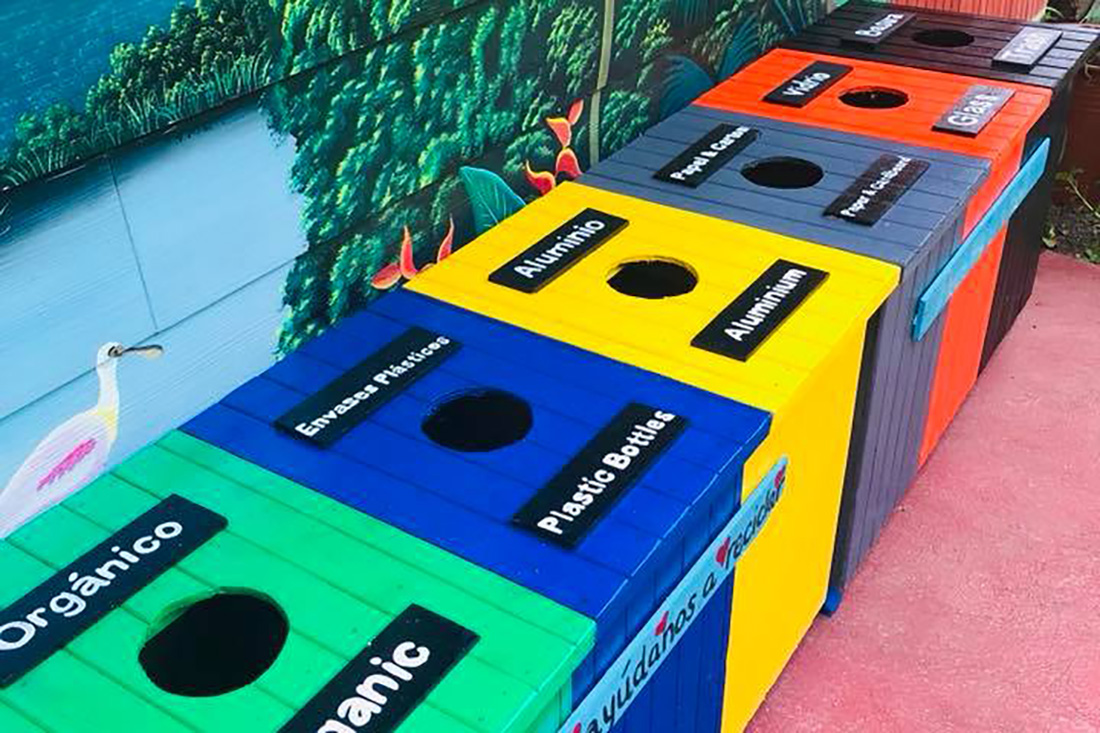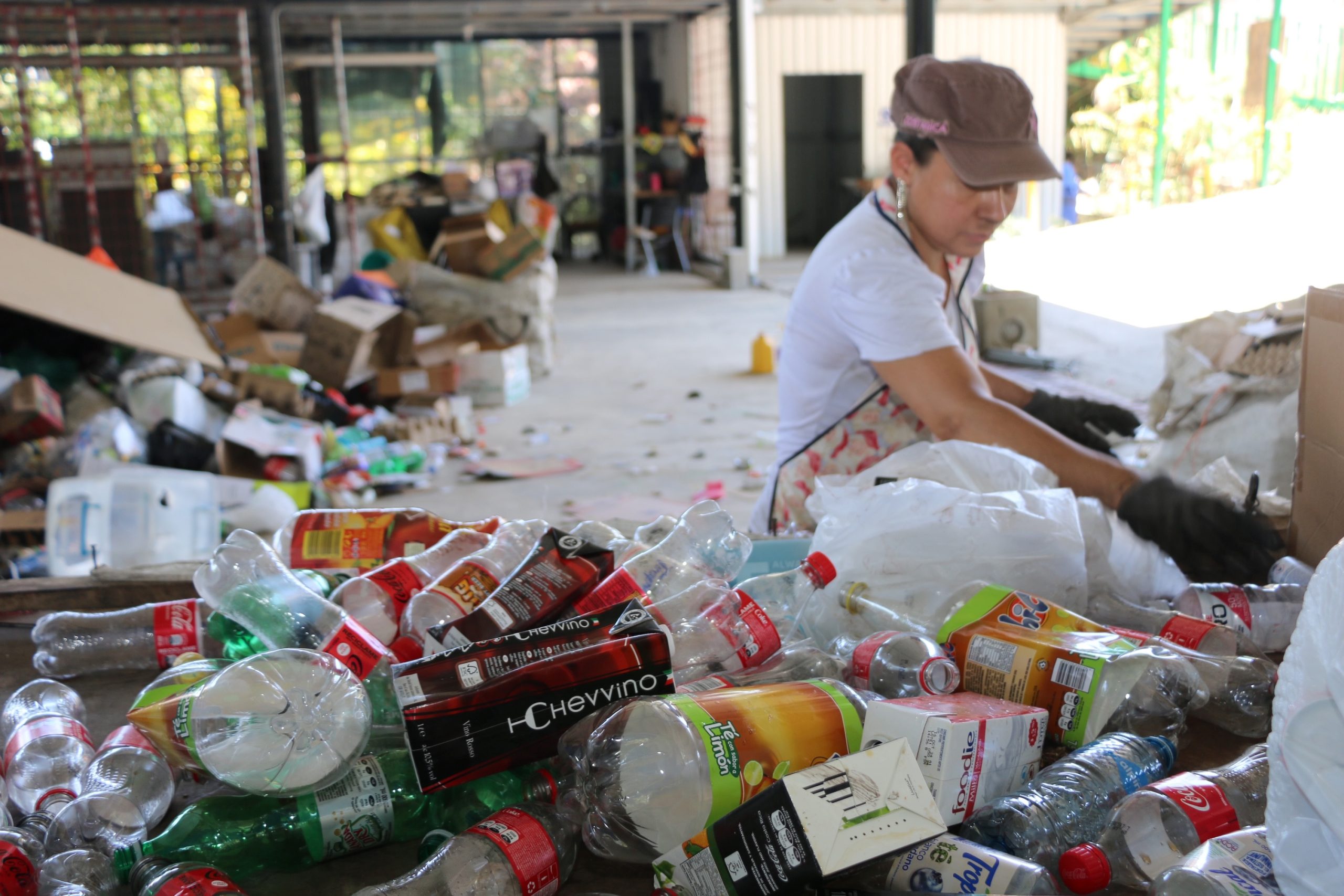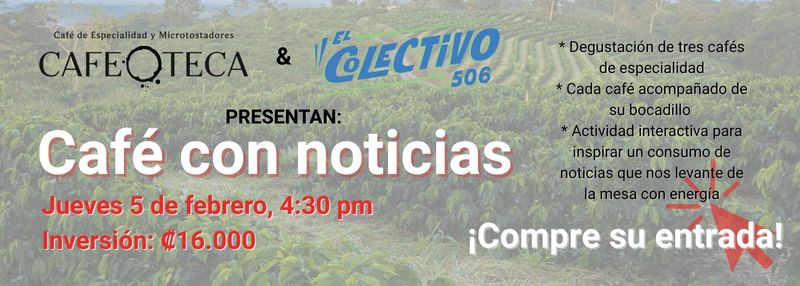After a month creating our April issue, “Recycling closes the circle,” we want to know what’s next… for everyone! What’s next for the sponsors of this edition, the recycling companies, journalists and local governments? And, perhaps most importantly, for the people who read, heard, and watched us?
Please take a moment to tell us. It doesn’t matter if you have followed the entire edition, or if you started learning about it one paragraph ago. (There are materials below so you can check out what it was all about.) Your comments will help us assess our impact, find ways to improve, and make the case for independent journalism to key sponsors. It’s a huge way to help our independent microbusiness through just a few minutes of your time.
Where can I take the survey? Right here: sala506.com/recycling-impact
Where can I learn more? Here’s a summary.
We started the edition with a National Survey on Recycling, to find out what you wanted to learn about this topic. Armed with your questions, we set out to find answers. After presenting the edition to you, we published four solutions journalism stories about recycling. In her longforms, Mónica studied how much is separated for recycling in Costa Rica; then, what is recycled within our country, thanks to key entrepreneurs; and finally, how we are recycling plastics in Costa Rica. For the fourth longform of the month, journalist Gilberto Luna, from Atenas, reported from his community about the drastic and positive change that has been achieved in recycling in Atenas after decades of delay.
While our journalists asked questions in recycling centers, municipal offices, and factories, the four sponsors of our edition shared their perspectives. Ecoins—a Costa Rican initiative that allows users in several countries to earn points, find where to recycle, and learn how to correctly separate their materials, told the story of their six years of learning. (We also did a Instagram Live con ecoins on the topic of “What can be recycled?”). Punto Seguro explained to us why it is important to dispose of our medications correctly, and how Punto Seguro makes this process easier for us. Fly Fishing Costa Rica invited us to consider the question: could tourism help avoid environmental degradation? And Casitas Tenorio B&B answered with a column about the community collection center inside this rural hotel.
Finally, Katherine launched a new series, “Why Not This?”, where we study initiatives that have been successful in other countries that might apply to Costa Rica. We reported on South Korea’s mass composting scheme, and a controversial technology that turns plastics into fuel. With this series, we hope to continue exploring ideas from other countries and applying the REAL test of solutions journalism: a response to a problem with evidence of impact, applicable insights for others, and limitations or warnings we can avoid.
THANK YOU to ecoins, Casitas Tenorio B&B, Fly Fishing Costa Rica, and Punto Seguro for making this edition possible. With the help of everyone who responds to our impact survey, we hope to continue learning about how we can all build a cleaner, greener country.

Area to separate recyclable waste by the guests. Courtesy of Casitas Tenorio / El Colectivo 506





